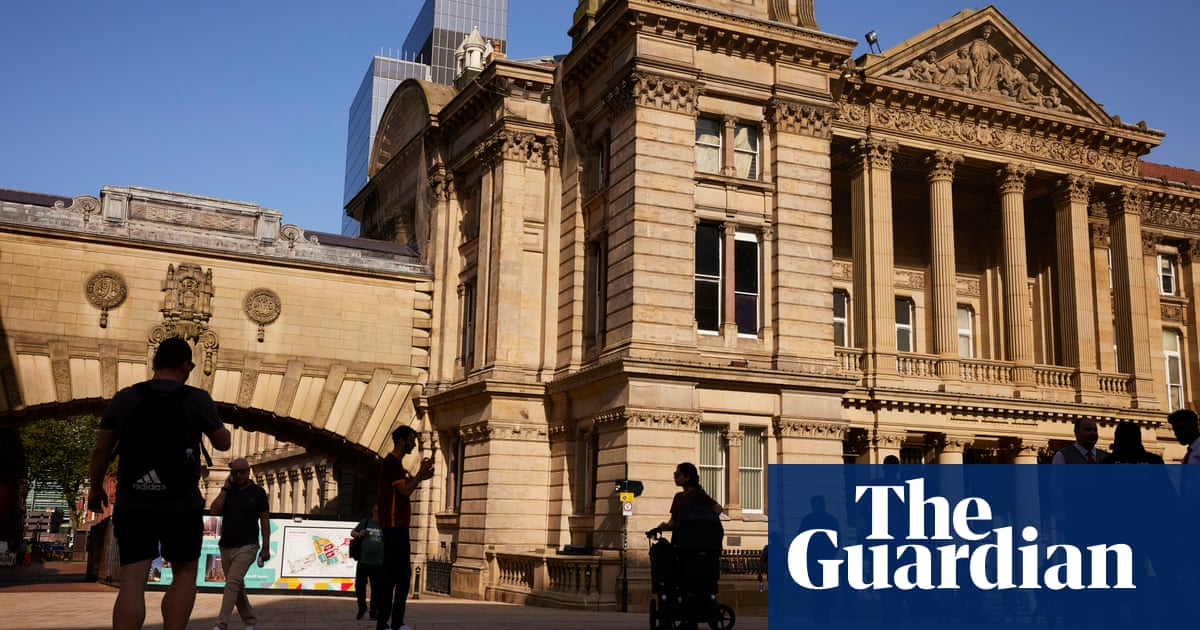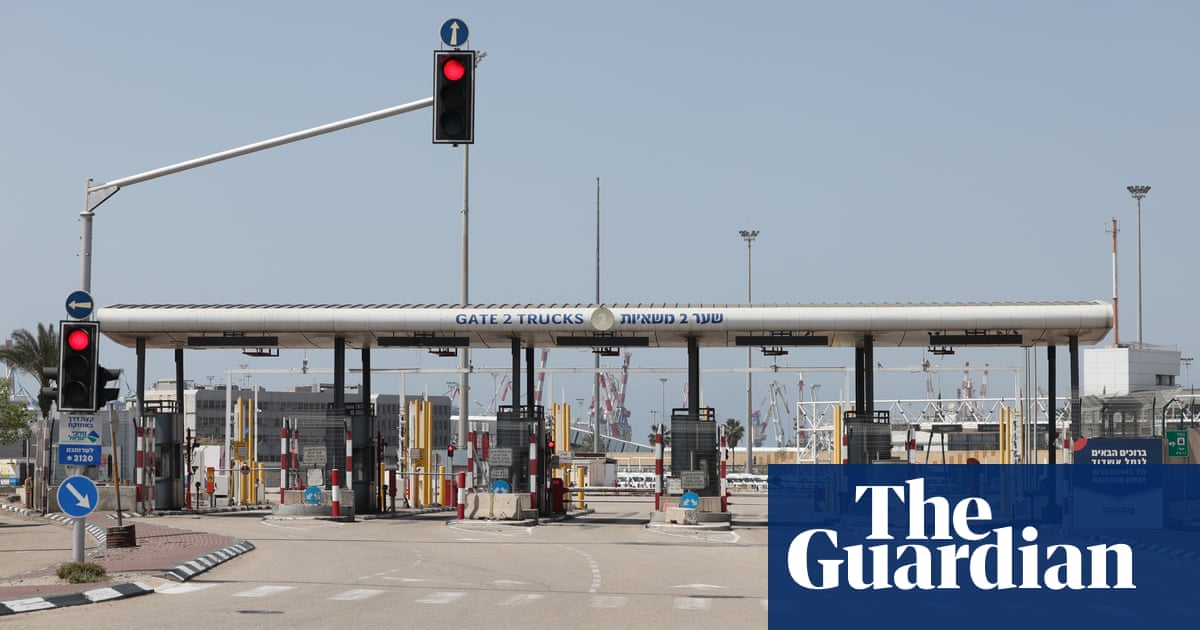
Seven years after the Grenfell Tower fire, which killed 72 people, the public inquiry convened in its aftermath has blamed the disaster on failures by a wide cast of individuals and companies. With the conclusion of the inquiry, attention will turn to what happens next. Here we explore possible next steps.
What did the report recommend?
Sir Martin Moore-Bick made 58 recommendations to prevent such a tragedy happening again. They include the creation of a single regulator for the construction industry; the appointment of a chief construction adviser; that a fire safety strategy be required for the construction or refurbishment of any higher-risk building; the introduction of a licensing scheme for principal contractors, with a director or senior manager of the principal contractor making a personal undertaking to “take all reasonable care” to ensure the building is legally safe on completion; improving the education and training of architects; and establishing a college of fire and rescue.
What must the government to do in response?
Grenfell United, which represents bereaved family members and survivors, said the government should implement all of the recommendations without delay “because the time to address this is already three decades too late”.
Ministers are not obliged to implement findings of public inquiries and past governments have sometimes failed to do so. An update published in February said 33 of the 46 recommendations from the 2019 phase 1 report of the inquiry had been completed.
The final report notes that important recommendations affecting fire safety have been ignored in the past, and includes a recommendation that it be a legal requirement for the government to maintain a publicly accessible record of recommendations made by select committees, inquiries and coroners, together with a description of steps taken in response.
It states: “If the government decides not to accept a recommendation, it should record its reasons for doing so. Scrutiny of its actions should be a matter for parliament, to which it should be required to report annually.”
What has the government committed to doing?
Keir Starmer said the government would “carefully consider the report and its recommendations, to ensure that such a tragedy cannot occur again”. He confirmed that the government would block companies criticised in the report from future public contracts, which was not a report recommendation but something Grenfell United had called for.
Will there be criminal prosecutions?
Grenfell United said “justice has not been delivered” and that those who were “truly responsible” must be held to account through the Metropolitan police and Crown Prosecution Service (CPS).
A criminal investigation began in 2017 but, to much frustration, the Met later said it would not submit a file to prosecutors until the inquiry concluded. The CPS said on Wednesday that it did not expect to be in a position to make any charging decisions until the end of 2026 due to “the sheer volume of evidence and complexity of the investigation”.
The Met acknowledged the effect of “such a long police investigation” on the bereaved and survivors but said it had only “one chance to get our investigation right”. It stressed it was operating under a different legal framework from the inquiry (a successful criminal prosecution relies on being able to prove guilt beyond reasonable doubt) and so could not simply rely on the inquiry’s findings as evidence to bring charges.
What else is being called for in light of the report’s findings?
The Fire Brigades Union said the government should go beyond what was set out in the report and bring the systems for delivering building safety under public ownership, thereby reversing the deregulation of recent decades.
Grenfell United called for a change in government culture “to separate itself from the construction industry and corporate lobbying, putting people before profit”.
What else is needed to prevent a future tragedy?
In 2019, the phase 1 inquiry report found that the principal reason the fire spread was the aluminium composite cladding filled with plastic used on the building exterior and manufactured by Arconic. The government said earlier this year that “all residential buildings above 11 metres in England have a pathway to fix unsafe cladding”, but it has yet to be removed from many tower blocks and is suspected to have contributed to the gutting of a block of flats in Dagenham, east London, last month. The End Our Cladding Scandal campaign coalition believes that as many as 11,000 buildings taller than 11 metres may still be at risk.












